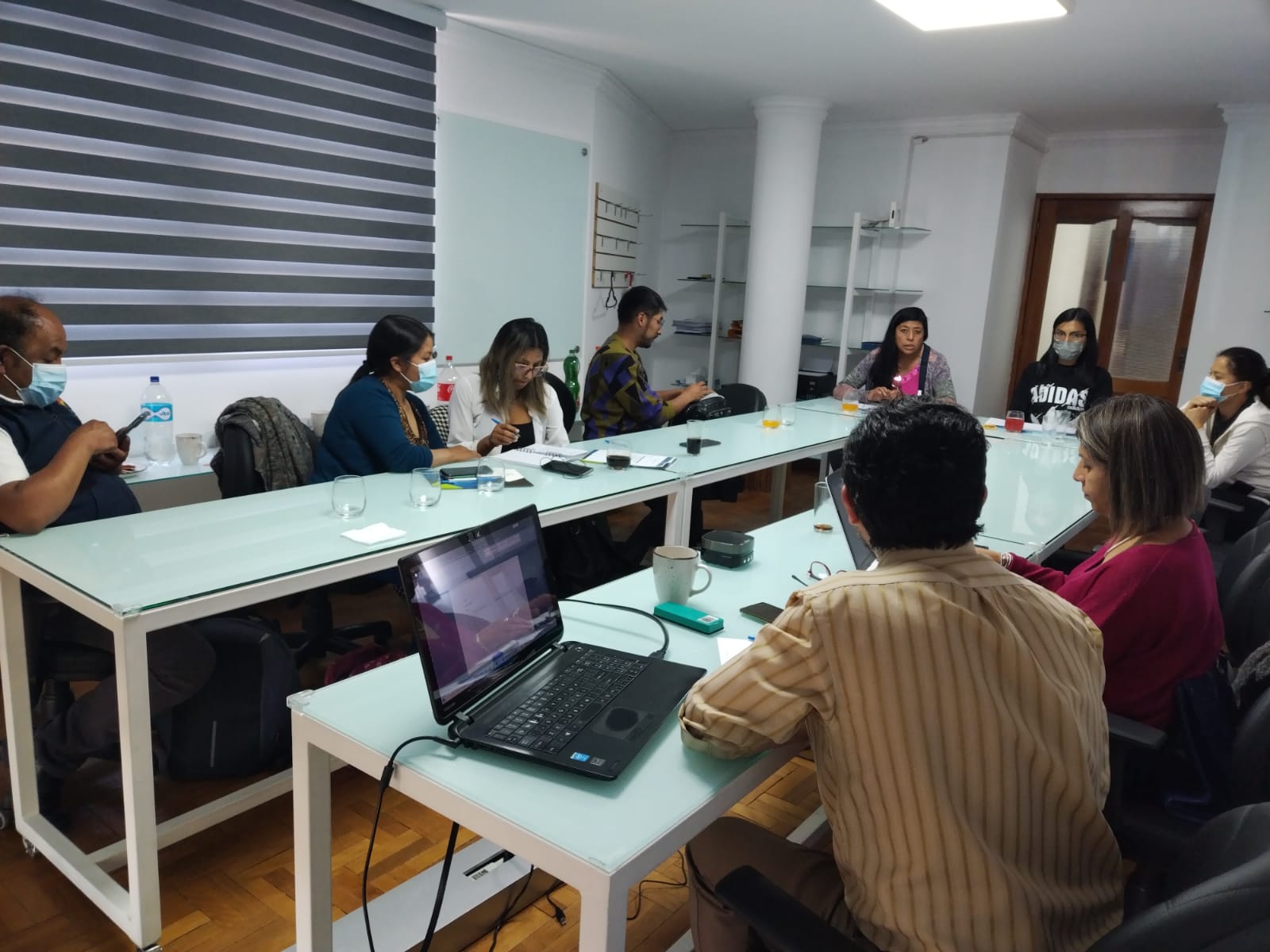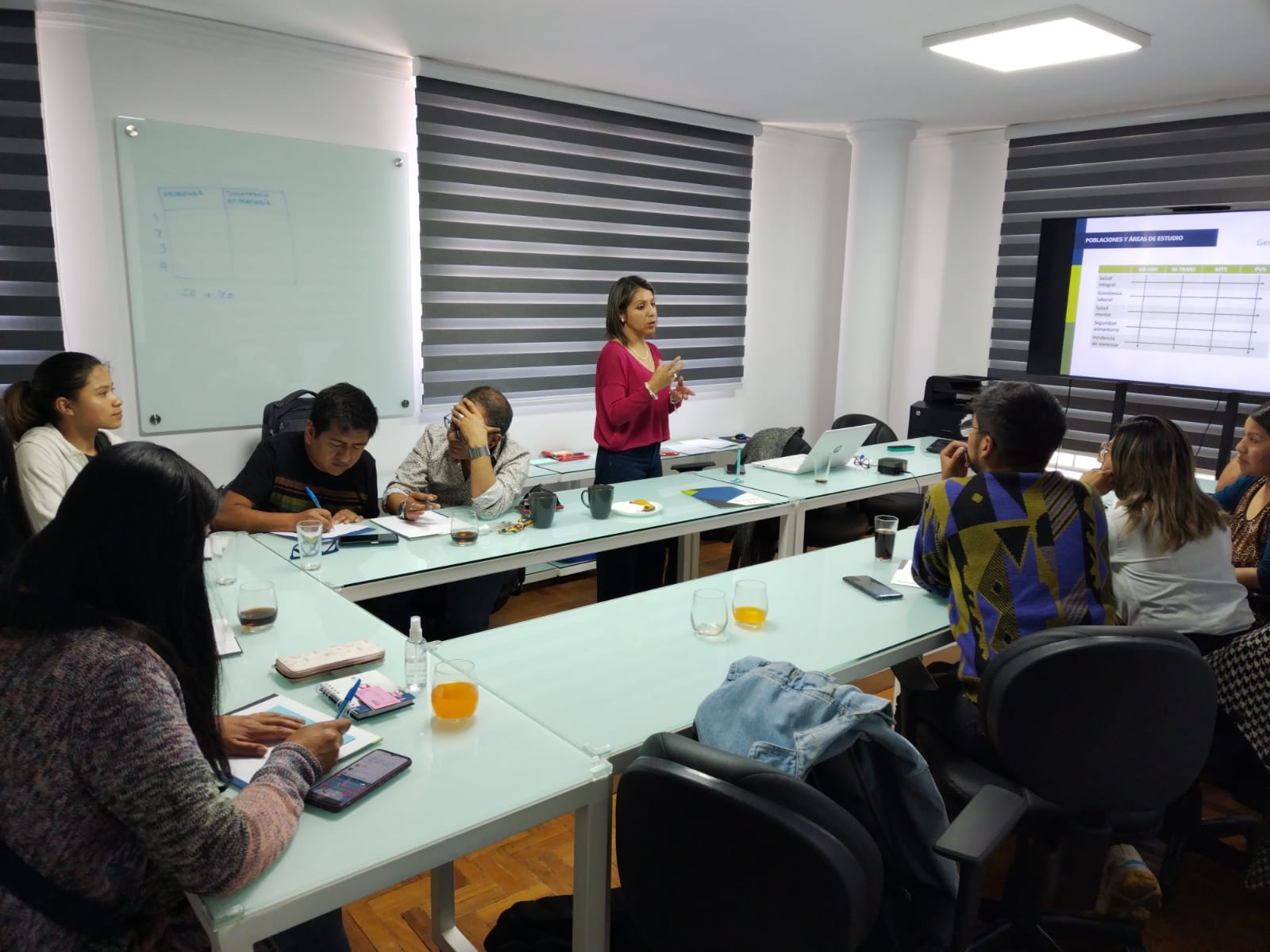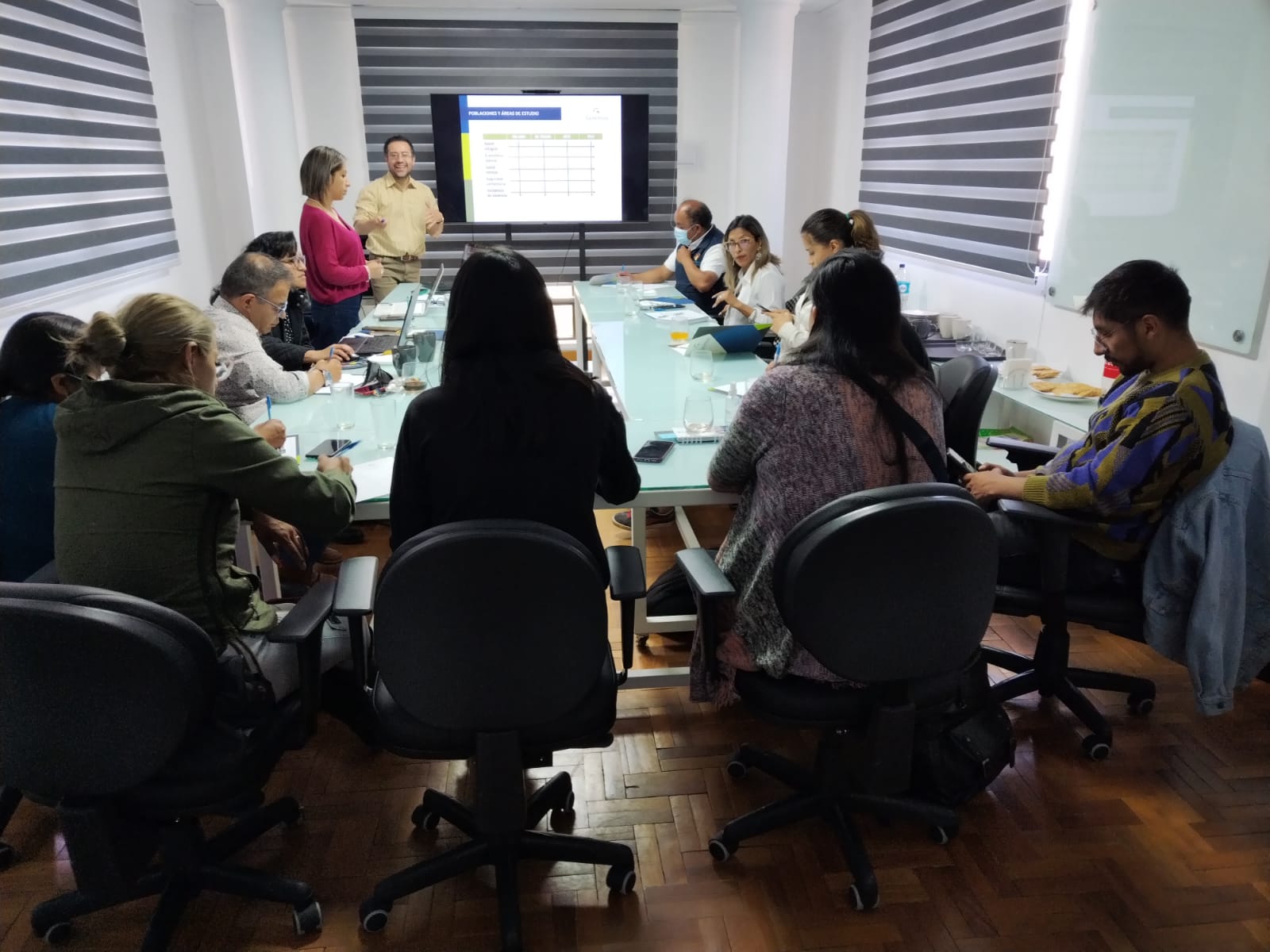
WORKSHOP ON SOCIALIZATION OF FINDINGS AND STRATEGIES FORMULATION
WORKSHOP ON SOCIALIZATION OF FINDINGS AND STRATEGIES FORMULATION
Last Friday, October 21, in GERENSSA offices, a workshop was held to socialize findings, and identify of response strategies, within the framework of the impact diagnosis of Covid-19 on the population affected and vulnerable to HIV; Several organizations participated in this workshop, such as HIVOS Foundation (contracting of the consultancy), OTRAF, ADESPROC, ASUNCAMI, REDBOL, PEP Equality and ICW Bolivia among the main ones.

The main survey results to 1,106 respondents from four prioritized populations were presented: (i) gay and bisexual men; (ii) trans women; (iii) women sex workers; and (iv) people living with HIV, applied in the cities of La Paz, El Alto, Cochabamba and Santa Cruz de la Sierra, complemented by focus groups held with each population representatives, in five aspects in which the Covid-19 pandemic impact was diagnosed: (i) access to comprehensive health; (ii) mental health; (iii) economic and employment situation; (iv) nutritional food security; and (v) incidence of violence.

COVID-19 does not discriminate and affects everyone, but not everyone equally: its impact and negative consequences are accentuated in certain people or population groups, especially visible in social and economic aspects. From information from civil society organizations, it is known that the impact of the pandemic has been multidimensional, affecting labor/economic issues, mental health and cases of gender violence and in relation to one's own health, referring especially to people with HIV who contracted COVID-19 and were left with sequelae. This diagnosis responds to the need to generate strategic information that helps organize a comprehensive and coordinated response to the impact of the pandemic. Existing reports are isolated and many focus only on a few aspects or a specific population; in this way, a comprehensive diagnosis of the impact of COVID-19 on people affected and vulnerable to HIV in Bolivia is necessary and the reason for this consultancy.

